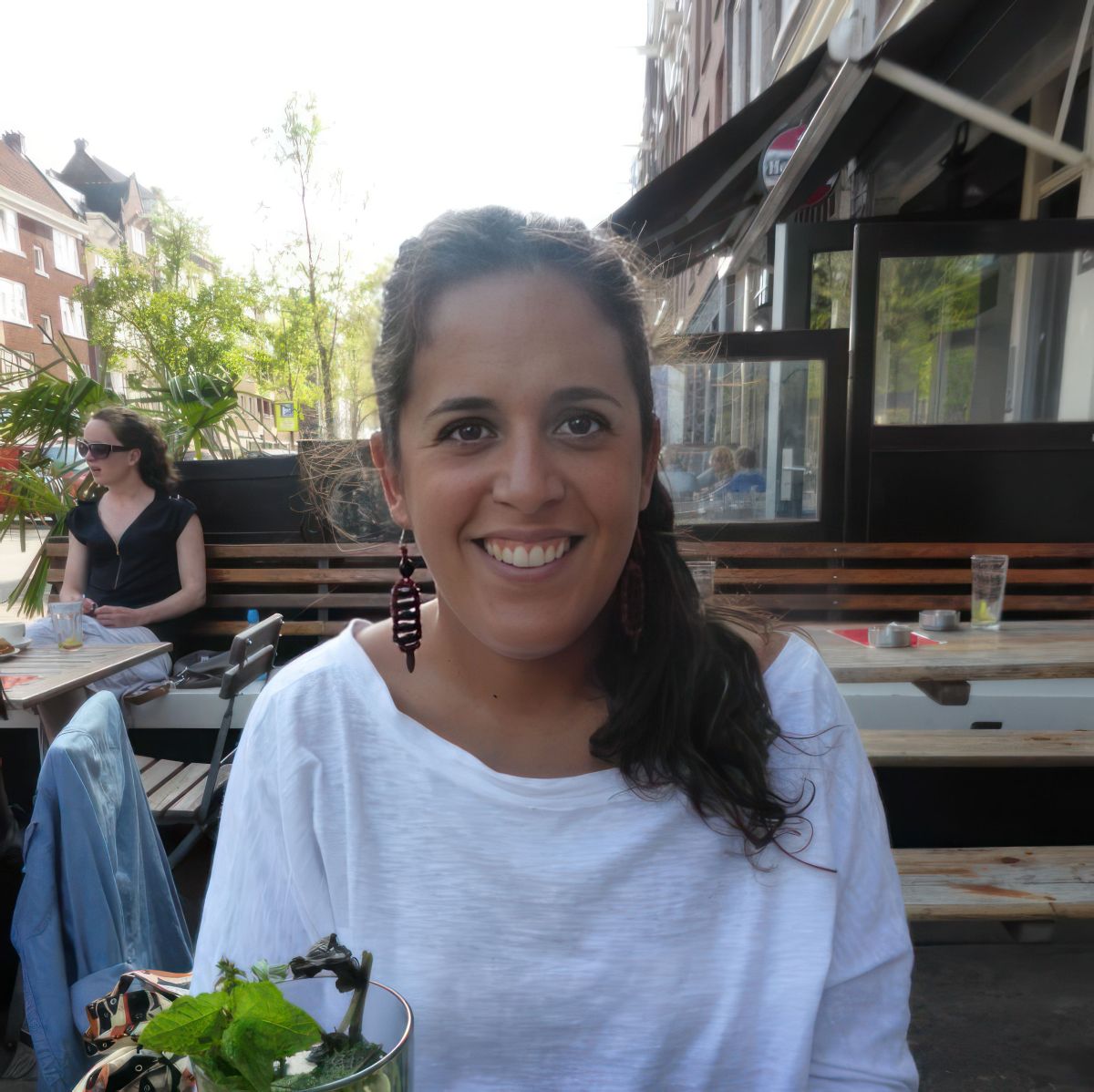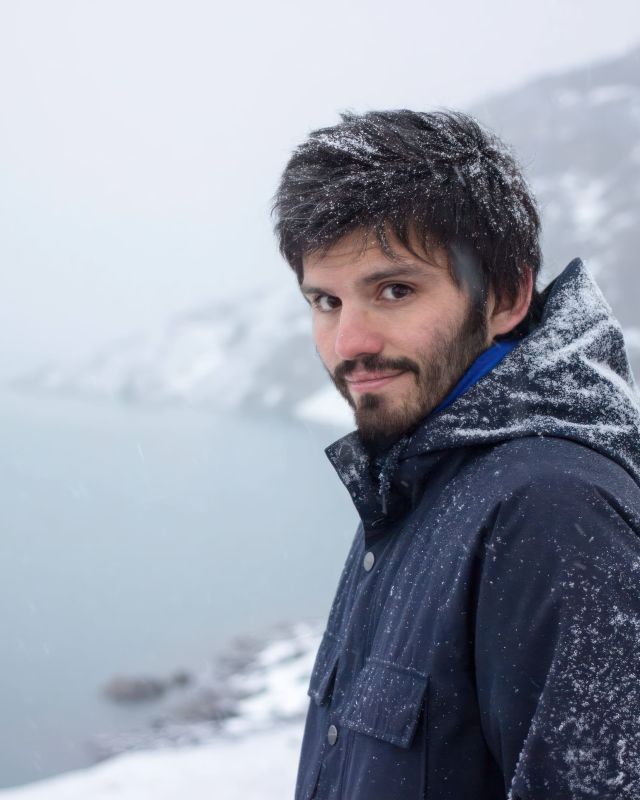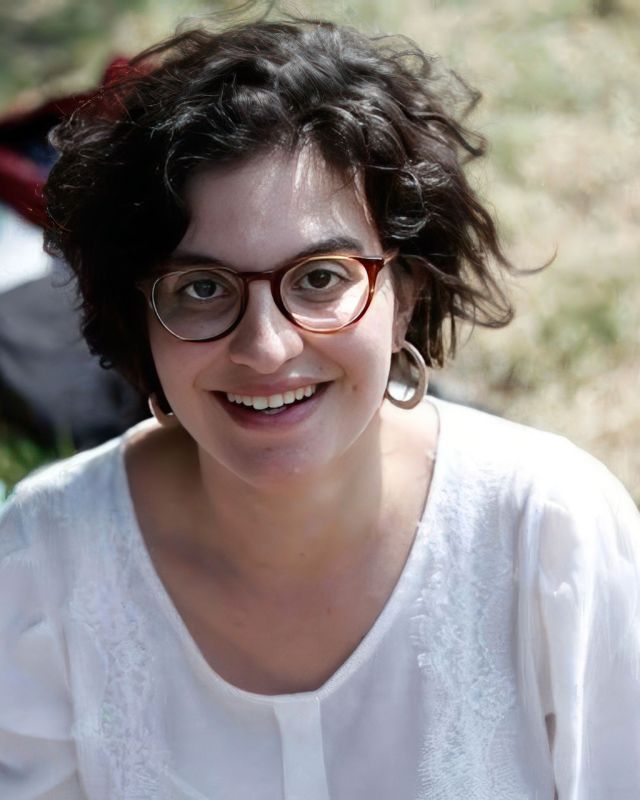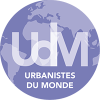Portrait

Portrait of Clémentine Tribouillard - Major in City / Territorial and Urban Management 2003-04
Published on | Alumni Portraits
At the beginning of 2016, In Situ set out to discover its first alumni who graduated from the "Urban Major". We met Clémentine Tribouillard via Skype, from the 2003-2004 cohort. Clémentine flew to Brazil for an internship with the French cooperation; she would remain there for three and a half years as an international volunteer. She then worked for 6 years in Avignon for UrbaConsulting as a development officer before moving to Haiti in 2012, where she became an independent consultant, working in numerous countries.
A journey marked by mobility: "In 12 years, I have worked in 20 or 30 cities"
In Brazil, after an internship, Clémentine volunteered with CAIXA, the Brazilian Development Bank, managing a municipal support programme across 12 Brazilian capitals. Her mission involved converting stocks of old, degraded real estate into social collective housing. Upon returning to France, she dedicated herself to the development of the newly established firm UrbaConsulting. In charge of development, particularly regarding the urban aspect, she was soon involved with the sister company HydroConseil. She then familiarised herself with urban services in the slums of Africa, as well as water and sanitation issues.
After 5 years, for personal and professional reasons, she set out to discover Haiti. She has been based there since 2012, running her own business for 3 years, alongside her partner. The country is a treasure trove of work, especially after the earthquake. Initially, they confirmed their expertise in social housing missions while seeking to expand their evaluation assignments "elsewhere: Laos, Djibouti, Madagascar... It is important to rejuvenate oneself through contact with other projects, to confront new contexts and people, especially to return more constructively."
From the major city to discovering various fields and professions
“It was before the reform of the master's degrees.”... At Sciences Po, she began with courses focusing on development issues, but she soon preferred the fields of urban studies and territorial administration. She found herself among those preparing for the territorial civil service. The course in urban sociology and its comparative European scope particularly left a mark on her.
But, "I am not an urban planner!" she says, "I am a political scientist or sociologist with a focus on local government issues."
At Sciences Po, she learned more about method than about technical aspects. This is reflected in her role as a consultant where "we have to relearn everything each time." Her training prepared her for this constant intellectual gymnastics and helped her save time on preparatory readings before each assignment. Understanding local legislation, the organisational structure of partners, and especially visiting the city she is interested in... Her understanding of institutional dimensions gradually led her to take on coordinating roles among project stakeholders.
During her first assignments, Clémentine primarily managed the institutional and socio-economic aspects. For the former, it was important to comprehend the partners' capabilities regarding the institutional anchorage of the project or organisational audits. The latter included field surveys, which allowed her to learn on the ground and with her colleagues the tools for survey processing, particularly statistical treatment. She concluded that these were very formative missions that now enable her to better coordinate the teams involved in her assignments.
Today, Clémentine assembles teams with professionals from various specialities while always maintaining a focus on the anchorage and sustainability capacity of the programmes. She notices a new interest in civil society and the need for academic training in urban issues. On this subject, she confirms that mastering a reference system (such as the French case) allows one to consolidate as an expert among specialists from other nationalities.
Four years in Haiti
There is, however, a great deal of work in the country, with engaging missions, especially in the post-earthquake context. Haiti has transformed into an Eldorado for donors and a platform for expatriates. There is significant mobility among expatriates, a high burnout rate among young graduates, and the whims of certain donors’ best practices, which weaken the anchoring of programmes within established timelines. After 4 years, the end of a cycle looms, and the desire for change appears. Furthermore, we are constantly moving for reasons that were not foreseen, she says.
Her journey is, here too, a progression through different scales, from the micro “where we work like firefighters” to the macro when giving opinions on project definitions. Upon her arrival, she worked at the building level on issues of economic and social balance in social housing. These missions took place in a post-earthquake context, and interventions had been delayed. Engaged in a project by the Inter-American Development Bank, she worked on social housing lots: management strategies between rental and sale; maintenance of premises; and, most importantly, the selection and handover of leases to 400 families. She establishes herself as an expert and is sought after by funders looking to improve their interventions in the country.
At the neighbourhood scale, she became interested in population displacement issues, integration of urban services, and municipal formalities. She notably advised the Haitian government on housing programmes and USAID on initiatives for the public housing company in northern Haiti. Her fourth mission aimed to establish a model similar to a ZAC, to facilitate investments in Haitian territory through public-private partnership strategies. However, this methodology seems difficult to implement within the Haitian tradition, yet she moderates by reminding that, as with other programmes she has participated in, it takes time—and sometimes mistakes—for projects to find their way. She then worked at the city level, seeking urban development strategies to finally intervene upstream, in the intervention strategy of the European Union delegation (the 11th European Development Fund) in Haiti. Her mission ended in June 2016.
A final word for students and recent graduates?
Throughout the conversation, her motivation to confront the field, the stakeholders, and to forge ahead through experiences shines through: the profile of the young expert with significant responsibilities does not seem to convince her. “There are plenty of missions and work; you must have and show desire!” In her final advice, she emphasises the importance of cultivating one's network in mobility and gaining as much international experience as possible.
And to conclude, she reflects on her experience by saying that one must not succumb to the panic of the crisis: there is work for everyone, even for young graduates!
On her advice, the author of this portrait has read Lyonel Trouillot, a Haitian author, and highly recommends discovering Kannjawou (Actes Sud; 2016) and Les enfants des héros (Actes Sud 2002).
Cristian Santibanez - GLM 2012 - Head of Public Relations and Technology / AUTONOMY
Published on 21 October 2016
Cristian Santibanez is a creative leader and project manager in urban innovation. At present, he is building AUTONOMY, a next-generation global event aimed at…
Portrait of Sarah Zouheir - Urban Policy 2010 - Advisor to the Office of the President of the Executive Board of the Société du Grand Paris
Published on 02 June 2016
In a sunlit garden in May, In Situ met the dynamic Sarah Zouheir, a graduate of the dual degree in Urban Policy (STU-LSE) in 2010. While her profile is marked…
 English
English  Français
Français 




